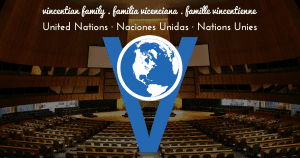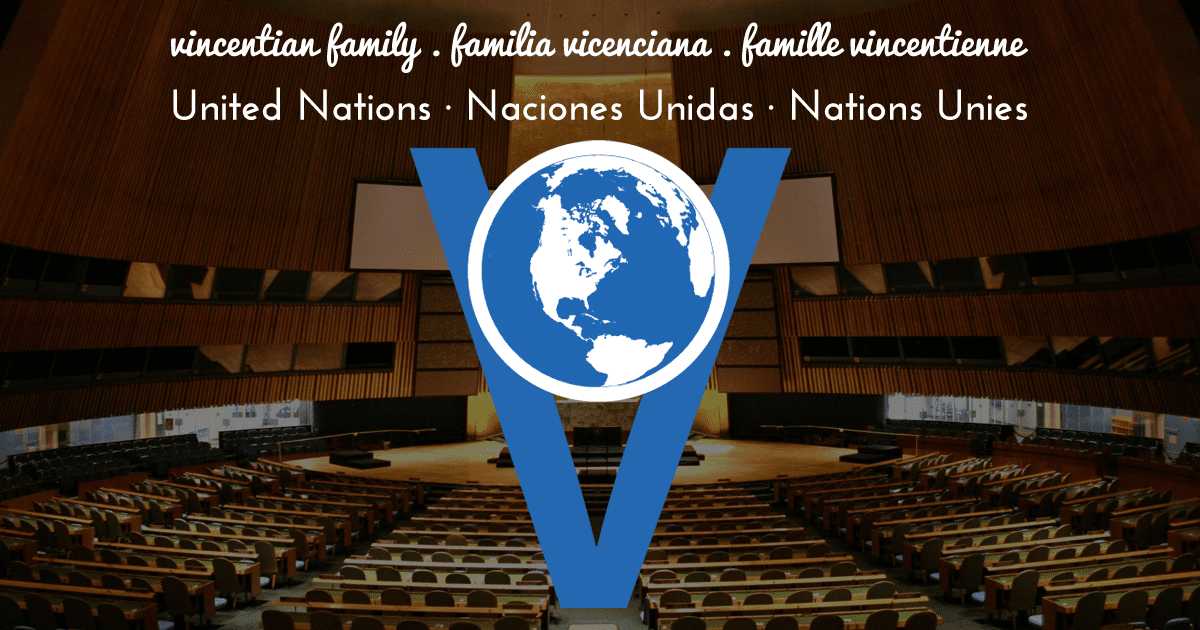Global Definitions of Homelessness
Defining homelessness globally is both challenging and necessary. It is challenging because ‘home’ is more than just shelter. It encompasses elements of community, social inclusion, and autonomy as well – aspects that tend to vary from one country to another due in part to social norms and economic and political realities. It may not be surprising then that different countries define homelessness differently. Some countries define homelessness narrowly to include only those who sleep unsheltered or who reside in emergency shelters, while others define it more broadly to include those living ‘doubled up’ with friends or relatives. These differences in definition from one country to another mean that ‘homelessness’ may refer to different situations depending on the context.
Yet despite the complications related to cross-national definition, establishing a common language and conceptual framework related to homelessness is an important step to addressing homelessness at the international level. Having a shared understanding of the various dimensions and categories of global homelessness can allow those working on the problem in different countries to more effectively communicate with each other across social and cultural contexts. This in turn would lead to improved understanding and communication related to policy development, collective learning, and advocacy in the realm of global homelessness.
The Institute of Global Homelessness seeks to highlight the importance of these issues and has made the definition of homelessness central to their advocacy efforts under the ‘see it’ pillar of their three strategic priorities (“see it, solve it, share it”). In 2016, a team of leading homelessness researchers – Volker Busch-Geertsema, Dennis Culhane, and Suzanne Fitzpatrick – published an article commissioned by IGH in which they proposed a Global Homelessness Framework. In this framework, the researchers conceptualized homelessness broadly as “lacking access to minimally adequate housing,” and further suggested several other categories and subcategories to account for the various conceptualizations of homelessness throughout the globe. The framework established “a conceptualisation of homelessness that could be considered internationally meaningful, with resonance in the Global South, as well as the Global North…intended to provide a common language and reference point to frame exchanges on the topic of homelessness within and across world regions.”
There has been recent progress on the topic of homelessness definition at the United Nations level as well. In June 2020, the UN Economic and Social Council and in December 2021, the General Assembly adopted resolutions calling for renewed commitment to addressing the problem of homelessness and highlighting its intersections with the UN Sustainable Development Goals and affordable housing considerations. Notably, the resolutions acknowledge the complexity of homelessness and define it as follows:
“a condition where a person or household lacks habitable space, which may compromise their ability to enjoy social relations, and includes people living on the streets, in other open spaces or in buildings not intended for human habitation, people living in temporary accommodation or shelters for the homeless, and, in accordance with national legislation, may include among others, people living in severely inadequate accommodation without security of tenure and access to basic services.”
Any attempt at an authoritative, universally accepted definition of homelessness will be difficult given the complexity of the phenomenon and the diversity of societies in which it occurs. However, approaches such as those taken by the Global Homelessness Framework and the above mentioned UN resolution demonstrate that progress on this front is possible. Countries can use these frameworks as points of reference when establishing their own definitions of homelessness, in turn increasing the potential for cross-national comparisons of data and measurement as well as collective learning.
Links:
Developing a global framework for conceptualising and measuring homelessness.
link: https://doi.org/10.1016/j.habitatint.2016.03.004
UN Resolution adopted by the Economic and Social Council
link: https://digitallibrary.un.org/record/3869551?ln=en
UN Resolution adopted by the General Assembly
link: https://undocs.org/A/C.3/76/L.12/Rev.1

Tags: United Nations







Thank you Reese for an illuminating article. It’s possible to get caught up in knots looking for the perfect definition, but a good description with the principal elements–like the Framework–is sufficient to ground the important work of addressing and eradicating homelessness.
Thanks Jim!